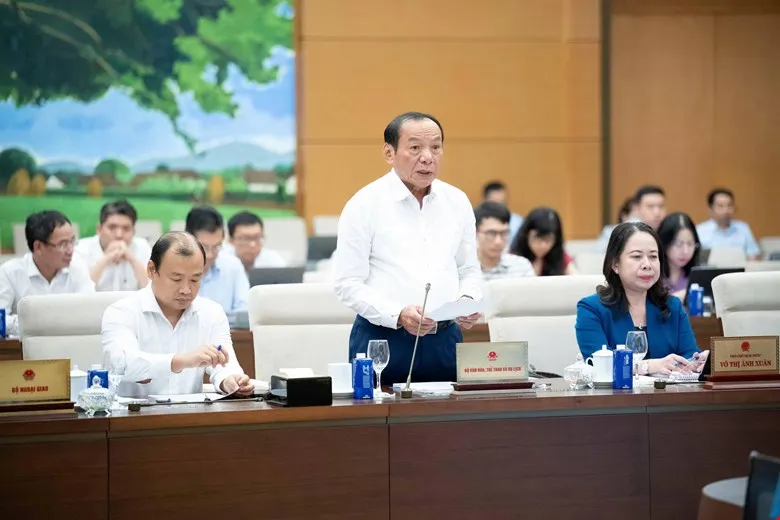
On the afternoon of October 8, presenting the draft amendment to the Press Law, Minister of Culture, Sports and Tourism Nguyen Van Hung said that compared to the current Press Law of 2016, this draft has important new points to institutionalize the Party's guidelines, meeting the requirements of state management in the context of science , technology development, and digital transformation.
Accordingly, the draft has amended and clearly defined 4 types of press: print newspapers, radio newspapers, television newspapers, and electronic newspapers; more clearly classifying the types of print newspapers (including print newspapers and print magazines) and the types of electronic newspapers (including electronic newspapers and electronic magazines). The draft also adds concepts such as "electronic magazines" (clearly separating newspapers and magazines, preventing "newspaperization" of magazines), "press publishing on cyberspace", "content channels of press agencies on cyberspace" and especially "national digital press platform". The concept of "supplement" is amended to include additional pages beyond the prescribed number of pages and is published with the main issue of the print newspaper.
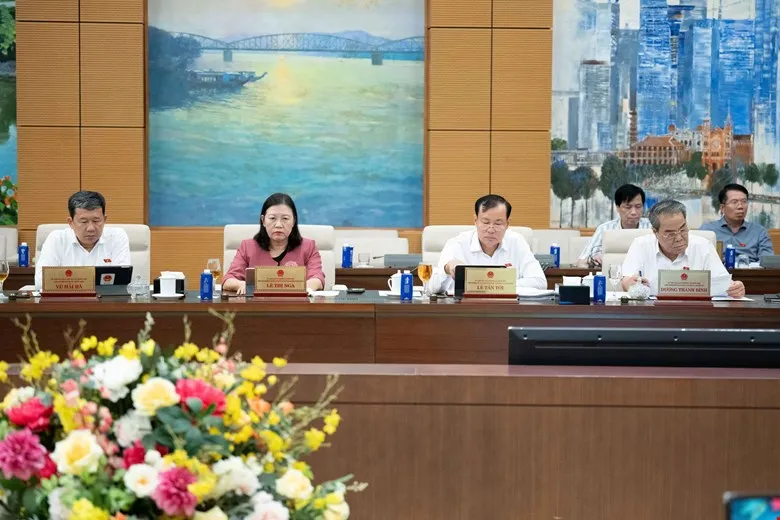
In particular, the draft has supplemented all the regulations and principles on press activities in cyberspace. Accordingly, when opening a content channel in cyberspace, press agencies must be responsible for the posted content, copyright and responsibility for exploitation and advertising. Regulations on the national press digital platform are also supplemented to support and manage press activities in cyberspace. Along with that are regulations on investing in digital tools to monitor press activities in cyberspace, serving the state management of the press.
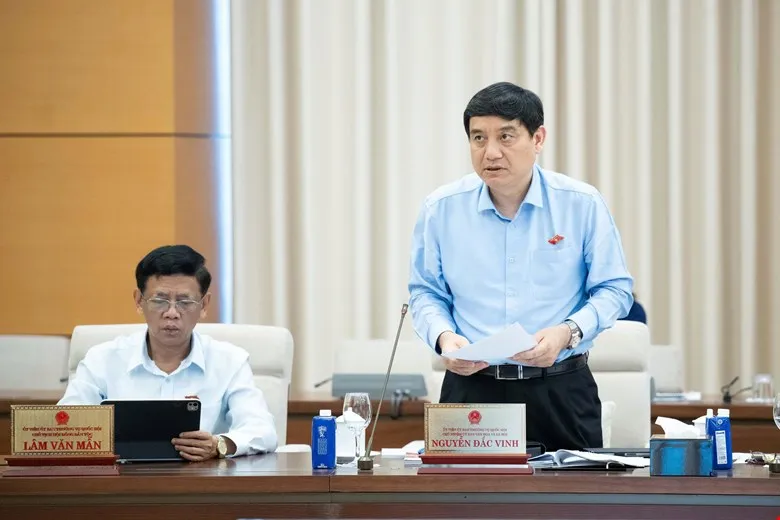
Presenting the preliminary review report, Chairman of the Committee for Culture and Society Nguyen Dac Vinh agreed with the regulations on press activities in cyberspace, but said that the draft only provides principles; it is necessary to clarify the operating conditions, organization methods, and state management measures for press activities in cyberspace; the responsibility of cross-border platforms in coordinating with press agencies to prevent and remove bad and toxic information. The review agency also proposed to further improve policy regulations to promote digital transformation in the field of journalism; the rights and legal responsibilities of journalists and press agencies when applying artificial intelligence (AI) in journalism activities.
In particular, Mr. Nguyen Dac Vinh was concerned about the content of the regulation that press agencies are not responsible for information content that is changed due to the fault of the organization operating the social network. The Standing Committee of the Committee noted that these content channels are often set up on foreign social networking platforms (YouTube, Facebook, TikTok) or server systems located outside of Vietnam, where the press agency does not have full control. The Committee proposed to supplement regulations on the legal responsibility of foreign social networking platforms in cases where the content channel on the cyberspace of the press agency is hacked, information is modified with illegal content; at the same time, clarify the handling of cases where illegal content appears on this channel.
The model of a key multimedia media agency is also a content that the review agency commented on. Specifically, the draft needs to supplement the provisions on the principles of criteria for determining these agencies, as well as on the specific financial mechanism in the draft law or the accompanying implementation guidance document, because these criteria currently lack specific content.
Source: https://www.sggp.org.vn/dau-tu-cong-cu-so-de-giam-sat-hoat-dong-bao-chi-tren-khong-gian-mang-post816945.html





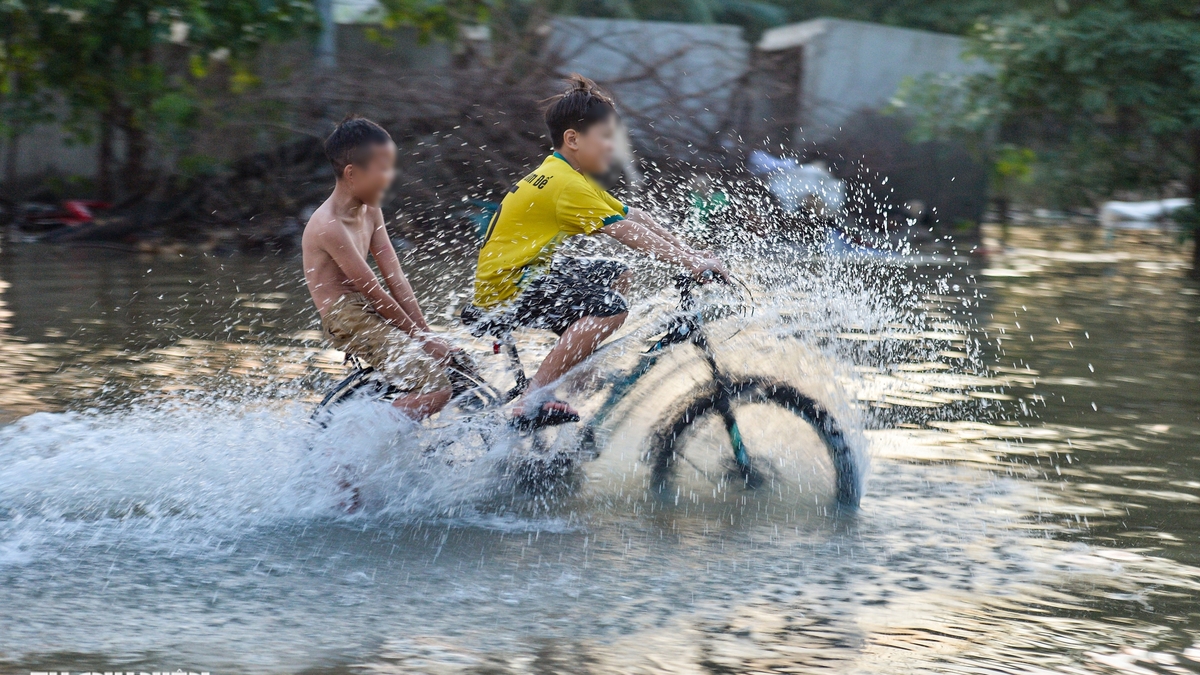
![[Photo] Impressions of the Can Gio Whale Festival](https://vphoto.vietnam.vn/thumb/1200x675/vietnam/resource/IMAGE/2025/10/09/1759984089762_image12334-5642-jpg.webp)

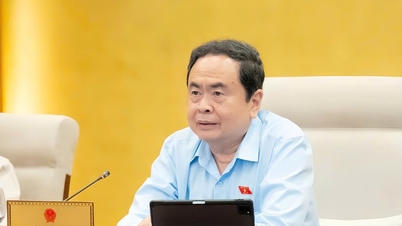






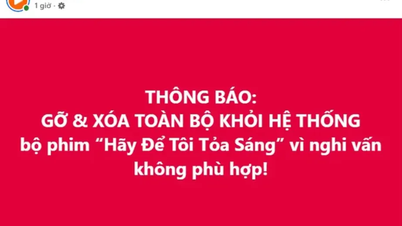
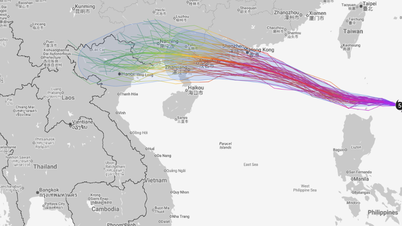





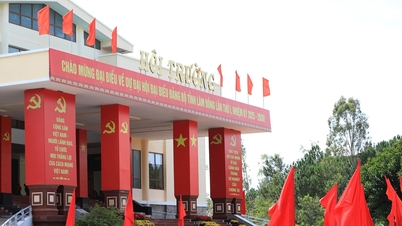




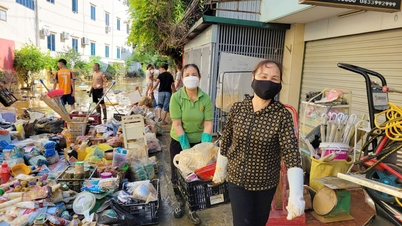






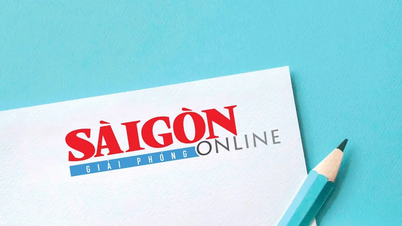
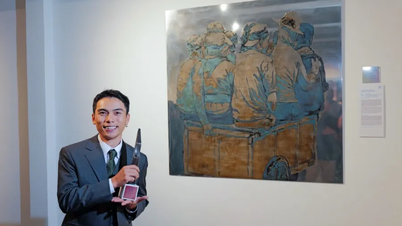

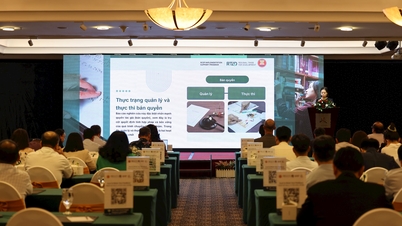



























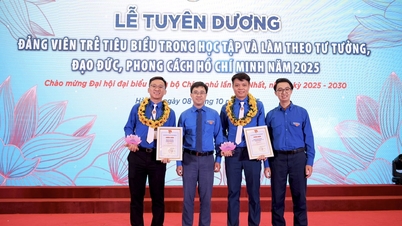






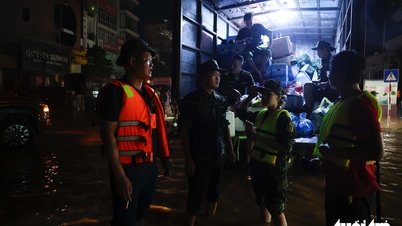










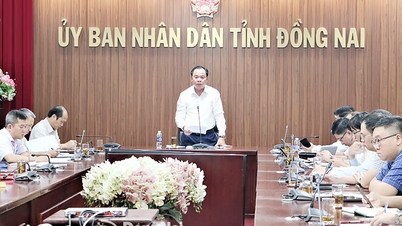



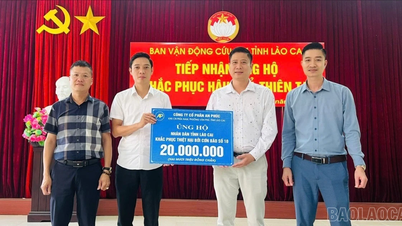





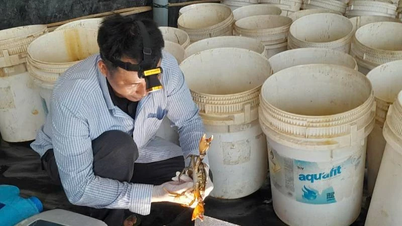










Comment (0)